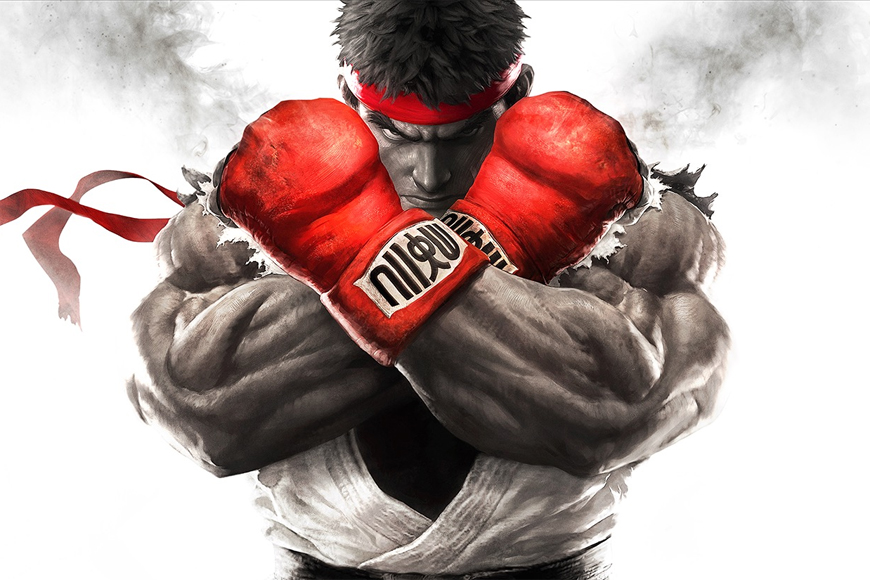British esports host and journalist Richard Lewis has commented on the fact that player burnout isn’t as much of an issue in fighting games as it is in other esports.
In League of Legends, and in other team-based esports like CSGO, players usually retire around their mid-20s.
But in the FGC (fighting game community), pro players can continue performing at the top level well into their 30s.
In an interview with PVPLive, Richard Lewis – host of the current ELEAGUE Street Fighter V Invitational – said: “It’s never been an issue in the FGC. that’s why you have guys like Daigo Umehara, in his mid-30s, still a potent force to be dealt with. It’s different.
“Burnout’s never been an issue for the FGC like it is for League of Legends because they aren’t put into these intensive training situations.
“Look over at League of Legends and players are burning out at 24, they better learn how to be a streamer. And why is that? Because the money involved is so great that every team wants a team in the LCS so they force these players to practice an unreasonable amount of time per day, unlike any other training in any sport I’ve heard of.”
10 ways to make UK esports great again – Richard Lewis shares his advice
Richard goes on to talk about League pros practicing and streaming in gaming houses for most of the day, the pressure at the top level and the critical community, and how a lot of that can lead to burnout.
Fnatic’s League of Legends ADC Martin “Rekkles” Larsson told Esports News UK last year in an interview: “Having downtime is really important, because it’s pretty much the only thing that gives you perspective on how you’re doing and how you are in life.
“I just thought if I played 16 hours every day for a whole year, I’d be the best player,” Rekkles said. “But I think these days that’s one of the worst things you can do.”
Why do esports pros retire so young and what can they do next? We ask Snoopeh
With fighting games, the pros aren’t in a team environment as such. They don’t have to deal with in-fighting, disagreements or motivating other teammates, or other politics that come with that kind of team-based esport. Their focus is on getting the best out of themselves as individuals.
Fighting games focus on that raw one-on-one competitive element, the games are short and the practice sessions are so different to the likes of League of Legends.
Richard Lewis goes on: “You’re as busy as you want to be in the FGC and I love that.
“Ryan Hart’s a perfect example of this. A true veteran, a champion of multiple games, been around for as long as I’ve been following fighting games. He came to ELEAGUE and said I haven’t even practiced, but he picked up the stick and produced magic and stayed in the tournament.”
“Burnout’s never been an issue for the FGC like it is for League of Legends because they aren’t put into these intensive training situations.”
Richard Lewis, ELEAGUE
Of course, it’s not just the players. Burnout can affect anyone in esports, and in other professions.
British esports host Paul “ReDeYe” Chaloner told us last year: “At some point you have to recharge. And I’ve learnt that the hard way – I almost killed myself in 2015 doing esports.
“I wasn’t tired of esports – I was just tired. And actually very, very emotionally burnt out – and physically exhausted.
“I think people don’t talk about it enough. Sometimes there’s a lot of work to do, and if you don’t look after yourself then it can come back to bite you on the bum.”
Read our previous interview with Paul “ReDeYe” Chaloner on burnout and his thoughts on the esports landscape here

Dom is an award-winning writer and finalist of the Esports Journalist of the Year 2023 award. He has almost two decades of experience in journalism, and left Esports News UK in June 2025.
As a long-time gamer having first picked up the NES controller in the late ’80s, he has written for a range of publications including GamesTM, Nintendo Official Magazine, industry publication MCV and others. He also previously worked as head of content for the British Esports Federation.


